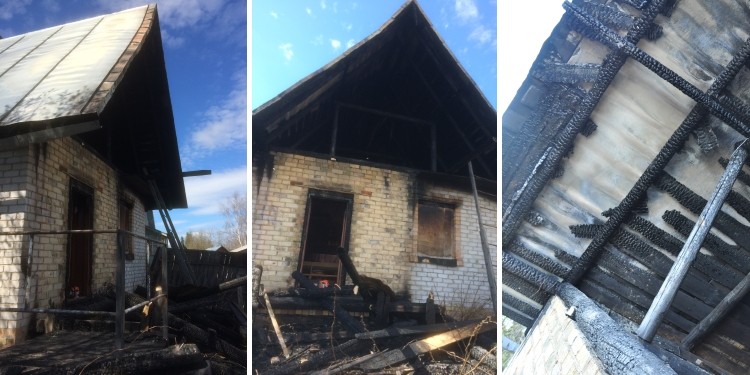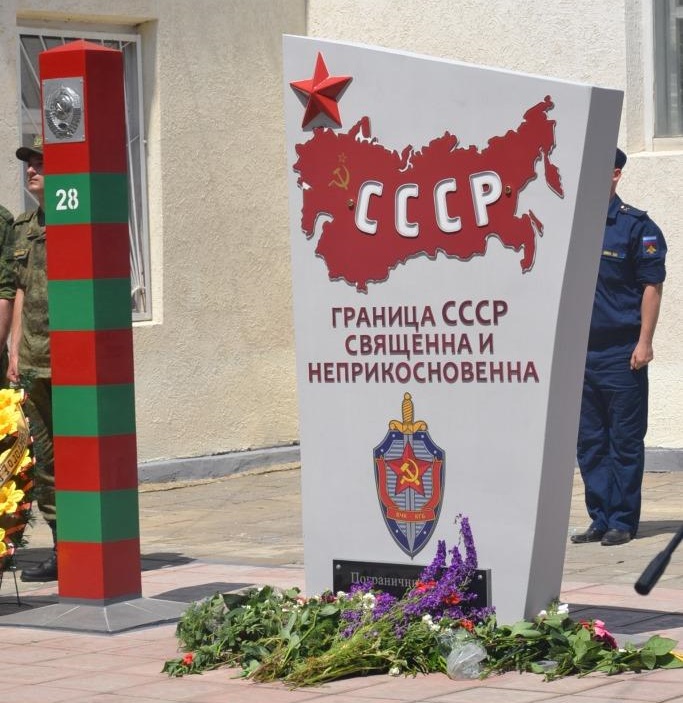The Putin regime has had undeserved success in presenting itself as a defender of Christianity, but its campaign against Russia’s 170,000 Jehovah’s Witnesses, who now face criminal charges and abuse just for practicing their faith, not only shows how false those claims are but also represents a threat to all Christians and others in that country.
Not only have Russian courts classified the Witnesses as “an extremist organization” on a par with Al-Qaeda and ISIS, but the regime has sent a signal that some in Russian Orthodox fundamentalists have taken to mean that they can attack the followers of this denomination with impunity.
The staff at the world headquarters of the Jehovah’s Witnesses have compiled a list of 50 violations of the rights of believers just since the April 20 Russian ban was imposed. These range from official warnings to dismissals to refusal to allow Jehovah’s Witnesses to perform alternative service to acts of violence, arson and vandalism.
Among the most horrific of these incidents were a fire set at the Jehovah’s Witness hall in Lutsino on April 30, vandalism of a hall in Voronezh oblast, threats to parishioners in Yekaterinburg oblast, a pogrom and violence directed at Jehovah’s Witnesses in Izhevsk, and the firebombing of a hall in Zheshart in the Komi Republic.
Importantly, reports on these crimes have been corroborated by rights activists in Russia itself, but those responsible have yet to be brought to justice.
If such actions had been inflicted upon almost any other religious group, there would have been an international outcry; but sadly, that has not been the case in these instances. However, for the reasons Pastor Niemueller outlined nearly 80 years ago in Nazi Germany, there should be lest those who are attacking the Jehovah’s Witnesses today attack others tomorrow.
Related:
- Putin follows Hitler and Stalin in seeking to repress Jehovah’s Witnesses
- “Putin tells why Russia is seedbed of terrorism” and other neglected Russian stories
- Russia, other former Soviet republics persecuting Christians, new Notre Dame report says
- Three religious developments in Eurasia with more than religious implications
- Religious persecution continues in occupied Donbas





